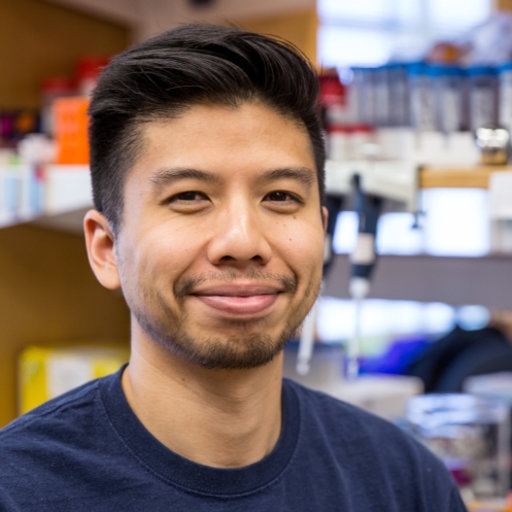MICROBIOLOGY AND IMMUNOLOGY
Faculty Members and Research
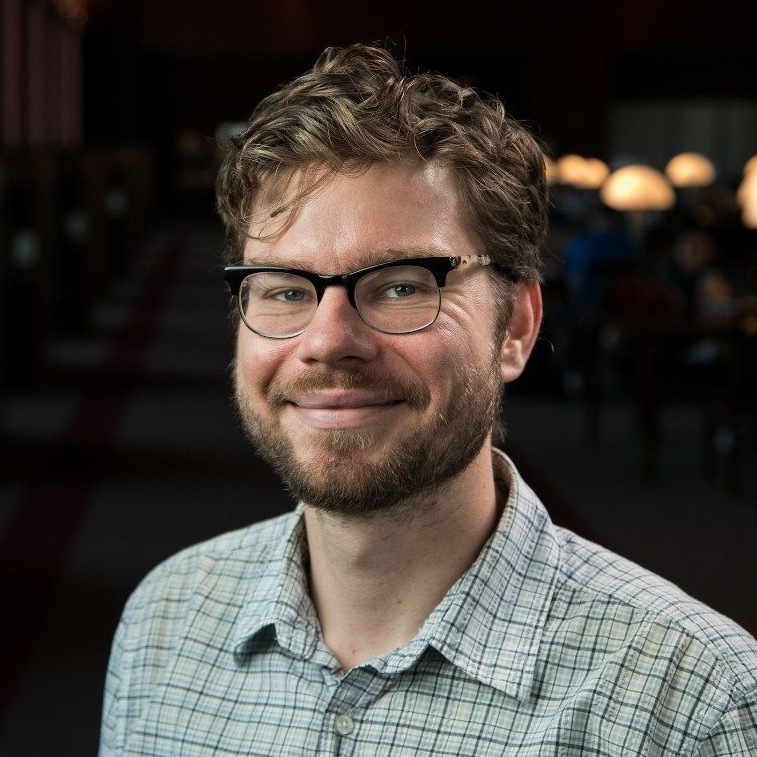
Frank Aylward
Associate Professor of Biological Sciences
Microbial diversity, microbial evolution, giant viruses, genomics, bioinformatics. Research in the Aylward Lab is broadly focused on microbial diversity and genome evolution. Ongoing projects examine multiple different microbial groups, including giant viruses, bacteriophage, and several lineages of marine bacteria and archaea.
Bryan Hsu
Assistant Professor of Biological Sciences
I am broadly interested in using an inter-disciplinary approach (microbiology, synthetic biology, and biomaterials) towards understanding and remodeling the gut microbiota. I am especially focused on discovering new phages and genetically engineering them for anti-bacterial and anti-virulence applications.
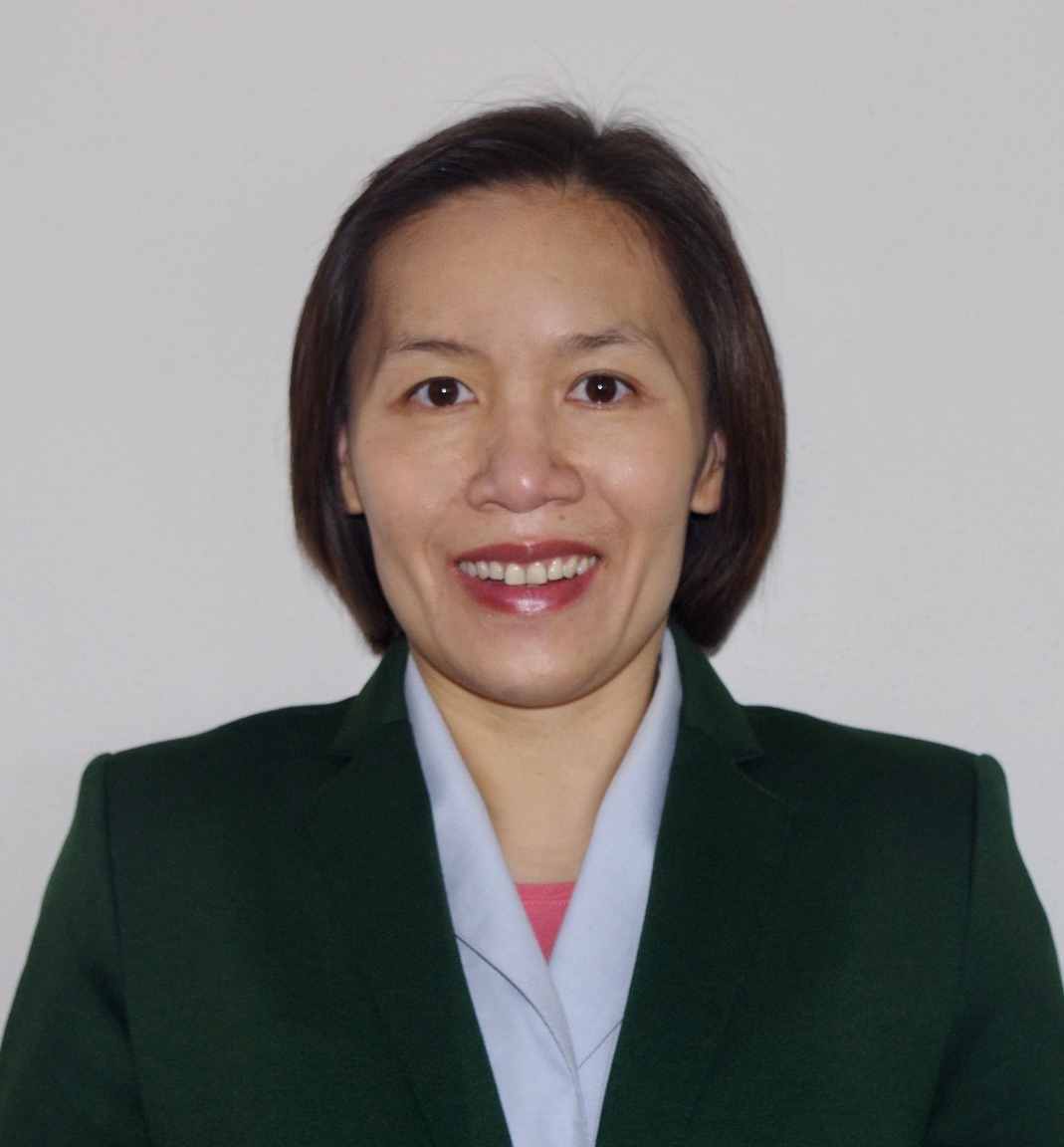
Hanh Lam
Assistant Professor of Biological Sciences
- Molecular Mechanism of host-pathogen interactions
- Genomics
- Drug and Antimicrobial Discovery
Our current research projects:
- Develop inhibitors of the Type III secretion system
- Develop inhibitors of bacterial phospholipases
- Investigate the mechanisms of host cell death caused by Pseudomonas aeruginosa
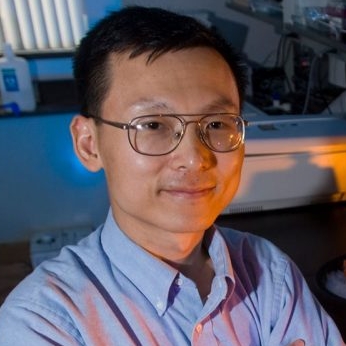
Liwu Li
Professor of Biological Sciences
Molecular pathways controlling innate immunity and inflammation; dynamic programming of innate immune leukocytes; pathogenesis of acute chronic inflammatory diseases such as sepsis and atherosclerosis

Stephen Melville
Associate Professor of Biological Sciences
Molecular pathogenesis of diseases caused by the anaerobic bacterium, Clostridium perfringens. The emphasis is on C. perfringens' interactions with host phagocytic cells and the regulation of virulence factors that lead to tissue infections and food poisoning caused by the bacterium.

David Popham
Professor and Actng Department Head of Biological Sciences
Structure, synthesis, and hydrolysis of the peptidoglycan wall components of vegetative cells and endospores. Studies utilize the model Gram-positive bacterium Bacillus subtilis and the pathogens Bacilus anthracis and Clostridium difficile. Molecular genetic techniques are used to identify and manipulate the genes encoding the enzymes that polymerize and hydrolyze the peptidoglycan. Biochemical methods are used to examine the activities of these proteins and the peptidoglycan structural alterations associated with genetic and phenotypic changes. Potential applications for this research are in antibiotic design and in spore-killing for decontamination procedures.
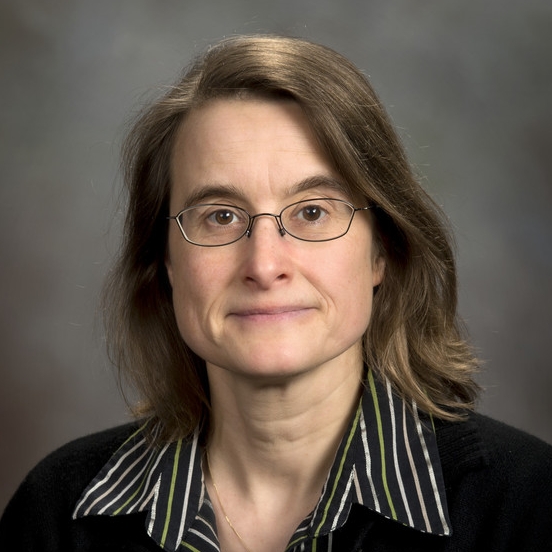
Birgit Scharf
Professor of Biological Sciences
Bacterial motility and chemotaxis; sensing of environmental signals, two-component signal transduction, the speed-variable flagellar motor, flagellotropic phage infection, function of type IV pili in symbiosis, tumor-targeting Salmonella
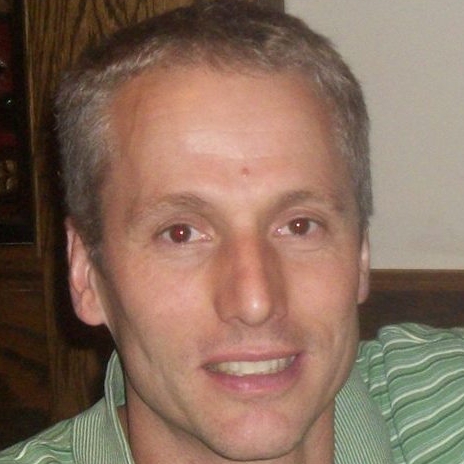
Florian Schubot
Associate Professor of Biological Sciences
Structural and biophysical basis for virulence mechanisms in bacterial pathogens; regulation of the type III secretion system and biofilm formation in Pseudomonas aeruginosa; structural studies of chlamydial Inc proteins and their role in host invasion
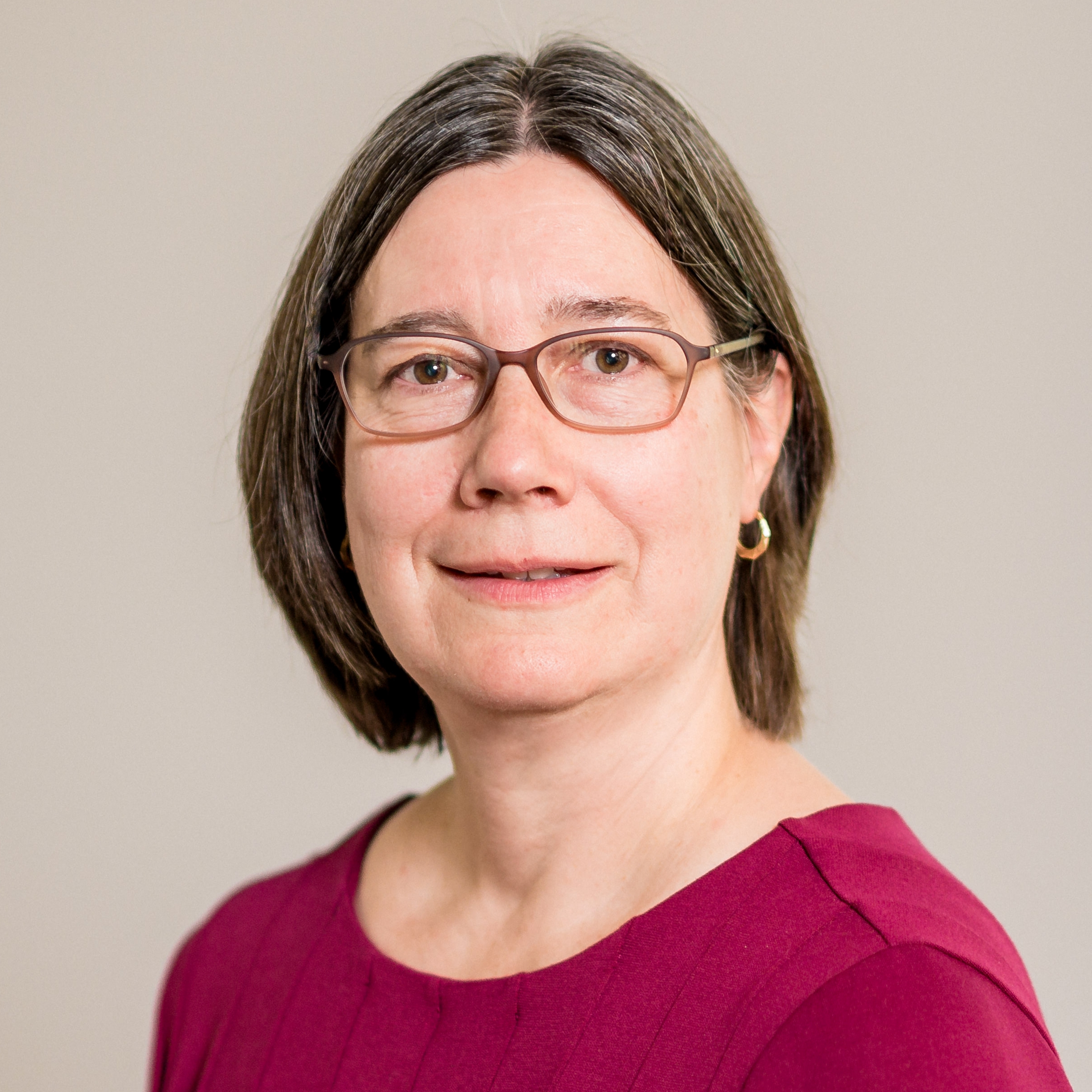
Ann Stevens
Professor of Biological Sciences
Bacterial-host interactions; cell-cell communication; molecular microbiology; emphasis on bacterial environmental sensing and gene regulation, including quorum sensing; virulence of the corn pathogen Pantoea stewartii and the human foodborne pathogen Vibrio parahaemolyticus; beneficial roles of bacteria in aquaculture
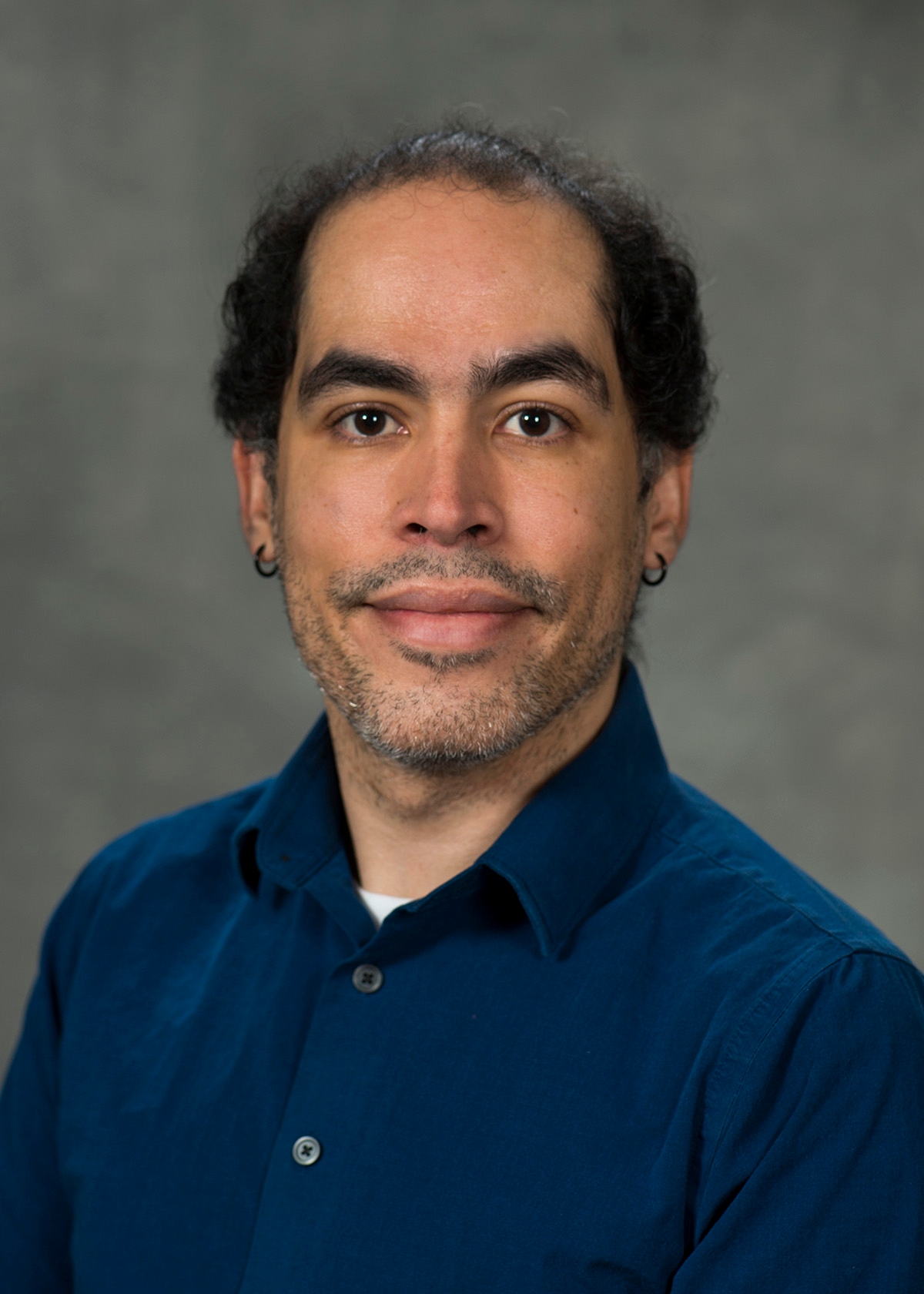
Jóse Vargas-Muñiz
Assistant Professor
Cytoskeleton, cell division, fungal cell biology, fungal pathogenesis, host-pathogen interaction, and antifungal resistance
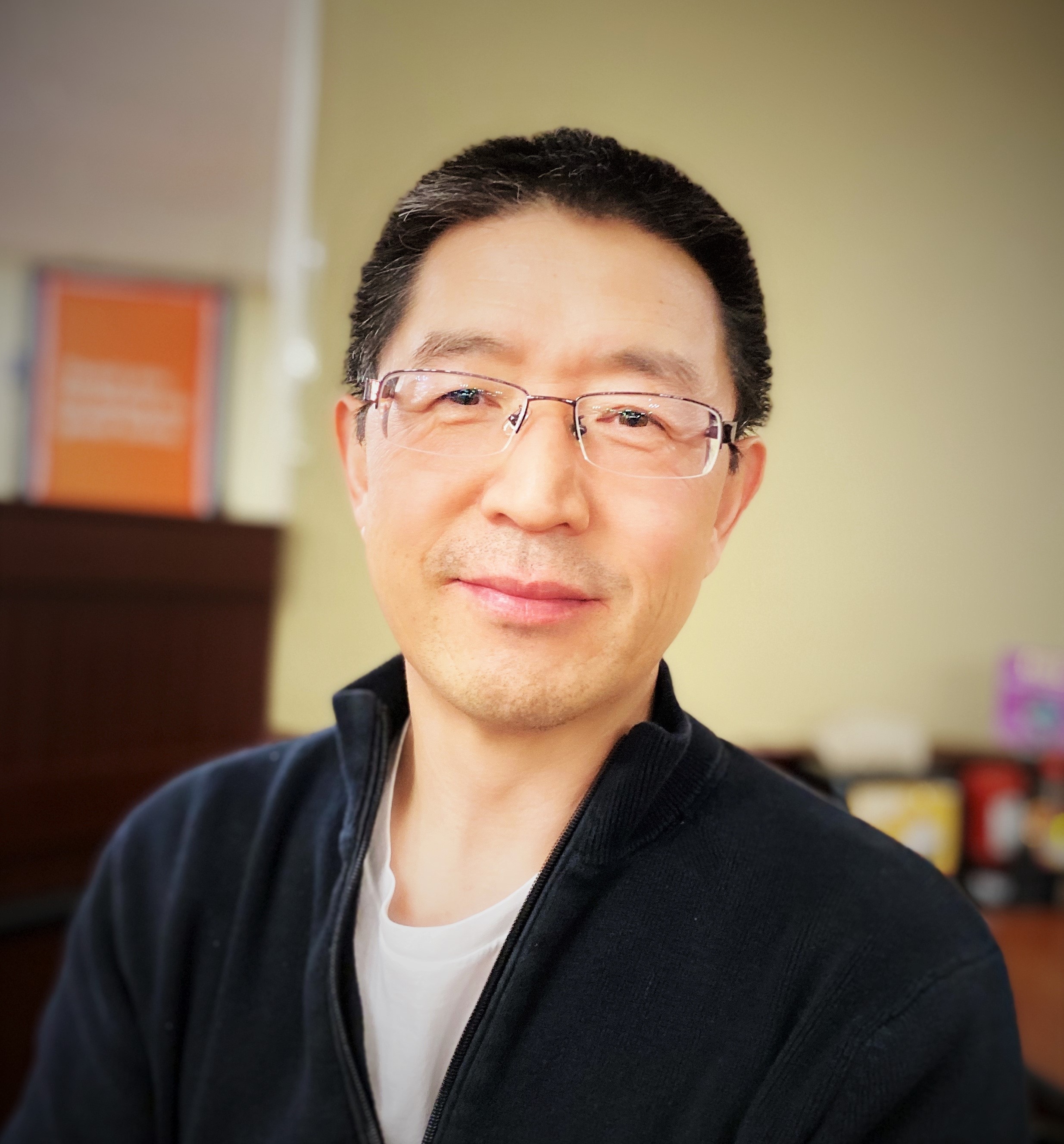
Zhaomin Yang
Professor of Biological Sciences
Bacterial locomotion and signal transduction; Myxococcus xanthus inter- and intra-cellular signaling in fruiting and gliding motility (bacterial SURFACE motility WITHOUT the flagellum). Twitching motility and pathogenesis of Pseudomonas aeruginosa.



